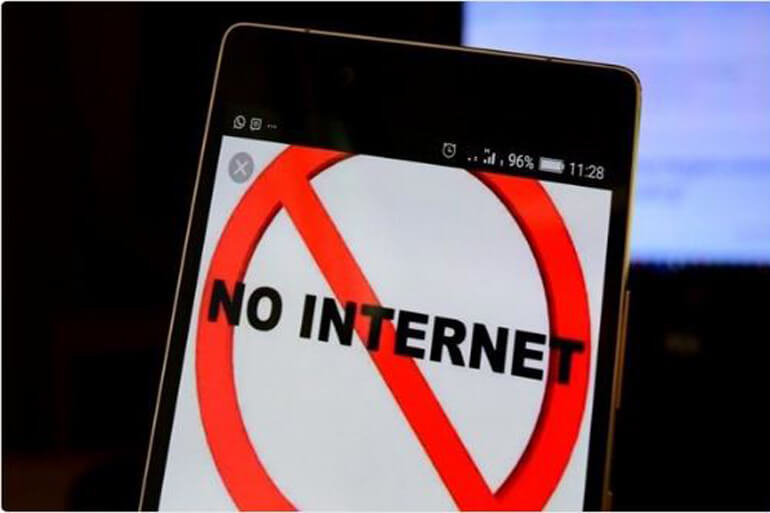Following widespread violent protest by its citizens over an increase in fuel price, the Zimbabwean government has ordered Internet Service Providers to completely shutdown internet access in the country. With fuel currently selling at $3.31, Zimbabwe becomes the country with the highest cost of fuel in the world.
In light of the rapidly spreading protests, the Zimbabwean government sent out a directive to internet service providers (ISPs) and Telcos to block access, first to social media services including WhatsApp, and eventually the entire internet.
This order was later confirmed by Econet founder, Strive Masiyiwa when he passed along a statement made by his company on Facebook.
In the statement, he made it known that the warrant was released by the Minister of State in the office of the President and Cabinet, through the director General of the President’s Dept. responsible for National security.
“Acting in terms of Section 6 of the Interception of Communications Act, Internet Services and related applications such as WhatsApp, Twitter etc are currently suspended across all telecommunications networks and Internet Service Providers.”
This ban placed on internet access is said to not only affect the online activity of citizens but also their power supply. This is because most people in Zimbabwe use Econet’s Ecocash mobile-phone payment system for daily transactions, which includes purchase of electricity.
Africa Not Alien to Internet Lockdowns


Africa is no stranger to such restrictions of rights though. Down the years, several African governments have intentionally disrupted internet or electronic communication thus impeding free flow of information and restricting citizens freedom of expression.
Most of these lockdown have come during protests advocating for social justice or a change in government. Just like the cases of Guinea in 2007, Egypt in 2011, Burundi in 2015 and the most recent being that of Cameroon in 2017.
There has also been reports of a few others for lesser reasons such as the case of Algeria in 2016 to stop students from cheating during its baccalaureate exams.
We hope this siege on citizen’s rights and freedom of expression and association is lifted quickly.






